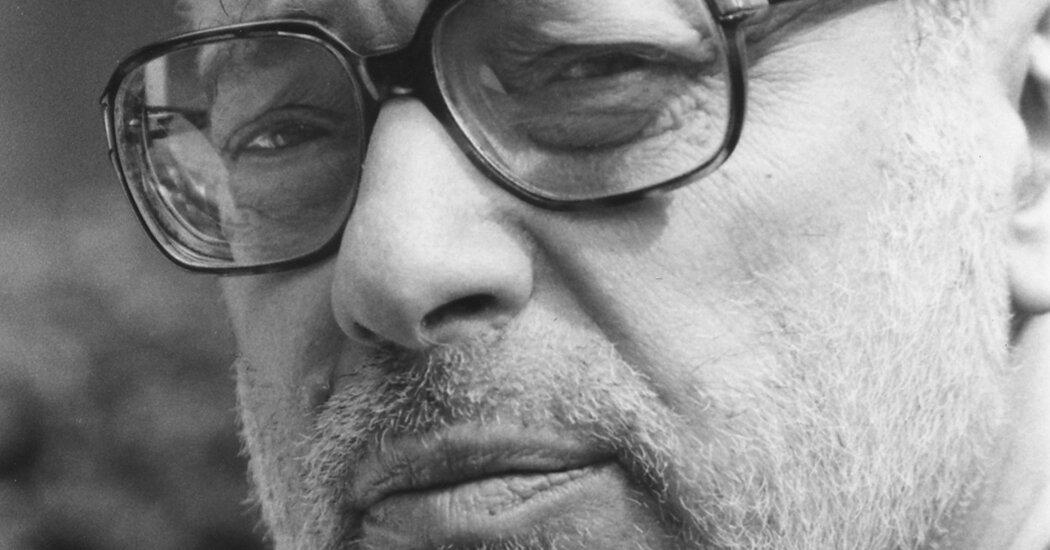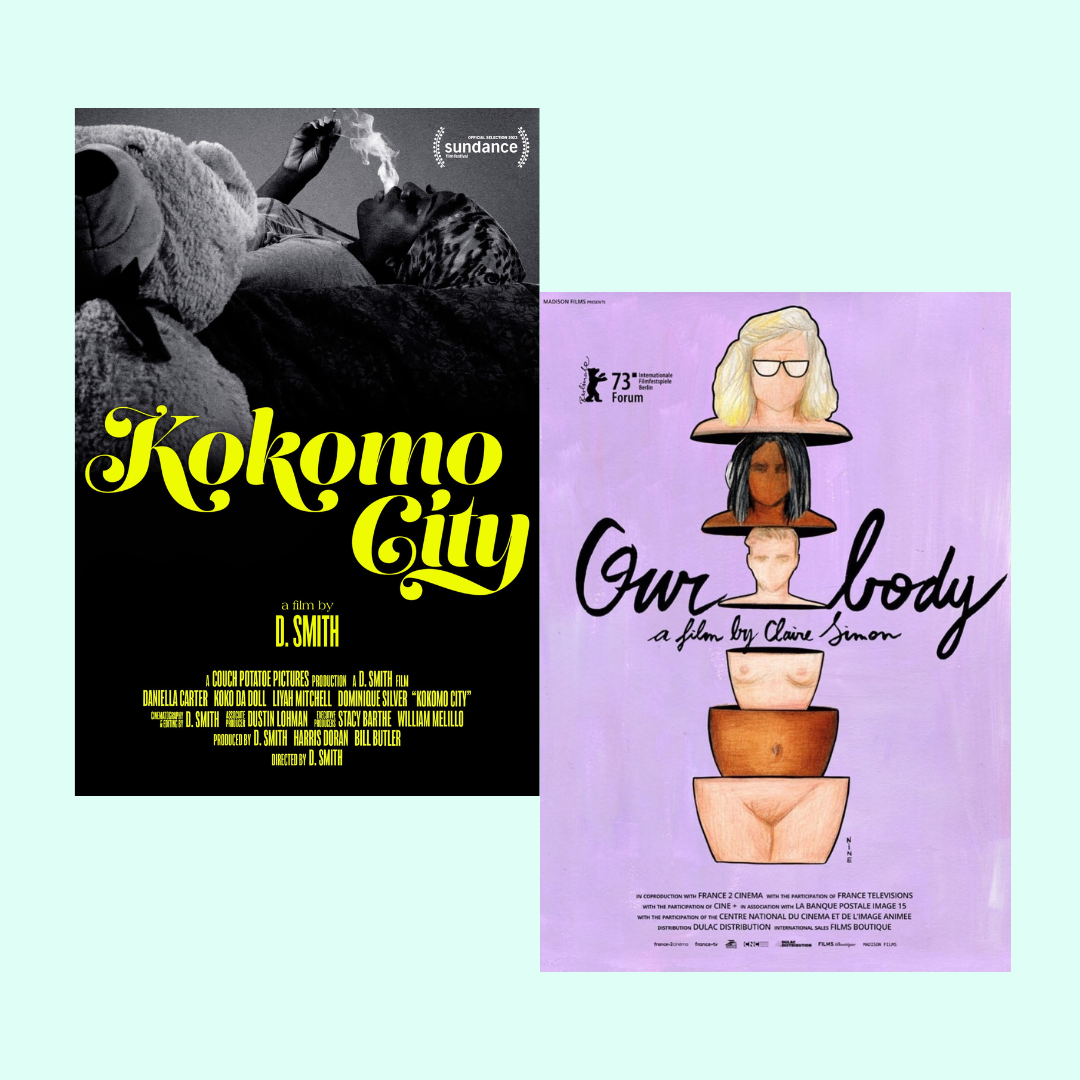Fred Siegel attended Rutgers University, where he was an errant student. He went on the road to make his fortune but was disappointed when hustling pool proved to be a dead end. He later earned a doctorate from the University of Pittsburgh.
In 1976, he married Jan Rosenberg, a sociologist. In addition to his son Harry, she survives him along with another son, Jacob, and four grandchildren.
Mr. Siegel taught on campuses of the State University of New York from 1973 to 1980; at the Sorbonne in Paris from 1980 to 1981; and as a professor of history and the humanities at the Cooper Union from 1982 to 2010. He was a member of the Institute for Advanced Study in Princeton, N.J., from 1989 to 1990; the editor of City Journal from 1990 to 1993; a columnist for The New York Post from 1994 to 1997; and a scholar in residence at St. Francis College in Brooklyn from 2011 to 2018.
Harry Siegel said that his father’s liberalism was largely shaped by conversations with his maternal grandfather, a garment worker and labor organizer, and that his political conversion as an adult was gradual.
The essayist Irving Kristol famously defined a neoconservative, a breed Mr. Kristol epitomized and popularized, as “a liberal who has been mugged by reality.” But Mr. Siegel’s conversion wasn’t the result of a single personal experience, his son said — even though a thief once grabbed a bag of $100 worth of kosher meat from him on the subway and several of the family’s cars were stolen.
If Mr. Siegel approached a philosophical epiphany, though, it was during the blackout of 1977, when looters raged through parts of Brooklyn, stripping stores of merchandise and setting them ablaze in a night of rioting.
Mr. Siegel, whose favorite restaurant, Jack’s Pastrami King, was among the places destroyed, reflected in 2017: “The city itself had been mugged, I realized. I’m still haunted by that moment from 40 years ago, when my political re-education began.”


